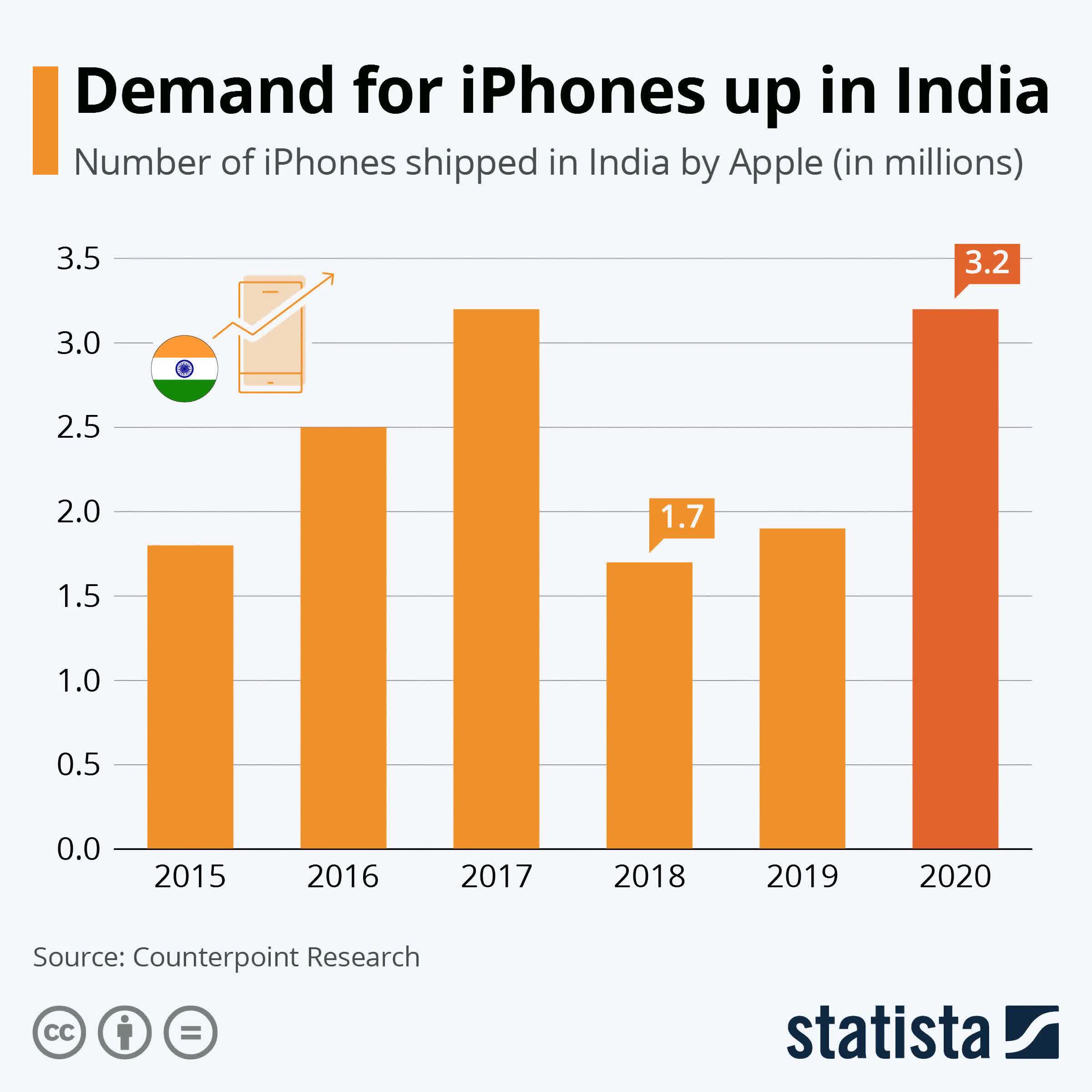
[ad_1]
In a nutshell: India recently passed regulations requiring USB-C charging ports for smartphones sold in the country by June 2025. Apple reportedly told New Delhi officials that the new rules would severely impact production goals and asked officials to delay the deadline or exempt older iPhones from the requirement.
Apple has iPhone assembly facilities in India to supply local sales and exports. Currently, it sells units going back to the iPhone 12. The only device fitted with USB-C is the iPhone 15, and it promised all future iPhones would have universal charging ports. However, retrofitting all models sold in India would be costly and time-consuming, although it did not provide estimates.
Reuters notes that Apple told India’s IT ministry in a closed-door meeting that it cannot change past designs by the deadline. If regulators do not back down, the company will fail to meet production quotas set under India’s production-linked incentive (PLI) scheme. The PLI is Prime Minister Narendra Modi’s plan to expand manufacturing and sales of smartphones in the country.

According to Apple analyst Ming-Chi Kuo, 12-14 percent of 2023 iPhone production is from India. Counterpoint Research said iPhone growth in the country exceeded 32 percent in 2023. Although Apple’s smartphone market share in India is only six percent, that’s up from two percent just four years ago.
It would seem that Apple holds all the cards in the negotiation. Despite its small piece of the market pie, India’s PLI plans to rely on continued iPhone sales. Indian buying trends show consumers prefer purchasing lower-priced but older phones over the latest and greatest. So if regulators don’t cut Cupertino some slack, it may discontinue sales on iPhones 12, 13, and 14, upsetting the market.
However, it probably won’t come to that. Everybody wants a win-win outcome, so regulators are likely to concede within reason, and there is no indication Apple is being unreasonable since it asked for the same thing in Europe.
The EU’s deadline for phones to have universal charging is December 2024 – six months before India’s. Apple has already told European regulators that it can meet their deadline if older iPhones are exempt. Otherwise, it said it needs at least 18 months to comply. So, it’s likely asking India for the same exemption or a 12-month delay.
[ad_2]